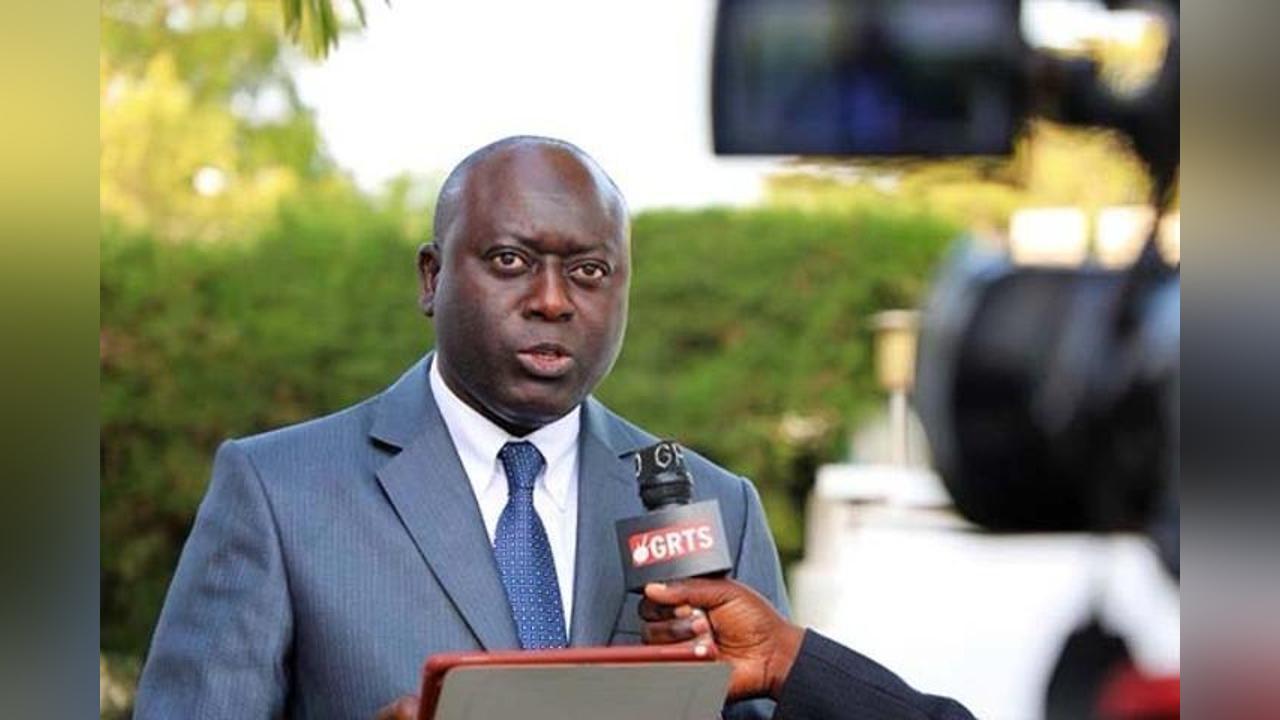Africa-Press – Gambia. Minister of Works Ebrima Sillah has responded to recent remarks by Kanifing Mayor Talib Ahmed Bensouda, denying allegations that the central government is obstructing road projects undertaken by the Kanifing Municipal Council (KMC).
Speaking on West Coast Radio, Sillah emphasized the need for adherence to urban road construction standards, particularly in areas such as drainage, walkways, and utility infrastructure.
“I was surprised to hear the Lord Mayor saying that we were kind of like obstructing. I think that is completely at variance with what we are trying to do,” Minister Sillah said.
“I know that when they started the process, an official of the NRA, the National Road Authority, was working with them. Now, when they’ve completed their process, and then they submitted this to the NRA, it has been discovered that certain standards were not catered for. And remember, this is an urban area.”
Sillah noted that the government has already completed a comprehensive drainage study for the Greater Banjul Area, which now guides all urban road construction. He explained that new projects must include key elements such as proper drainage systems, utility service relocation, and adequate pedestrian walkways.
“First, where you don’t have the seven-meter window, you have to demolish and then pay compensation to property owners, because you need at least a minimum of 10 meters, 1.5 meters on either side as a walkway. And then you have a drainage on either side. And then you relocate the services. For example, if you have NAWEC water service pipes, what we used to have in this country was that NAWEC would lay the pipes on only one side, and if you are on the other side of the road, even if they build a new road, they will cut the road, and then the service will go to you and that means that the road will be spoiled,” Sillah said.
He explained that in all current government-led road projects, brand-new infrastructure for NAWEC is installed at the government’s expense. This includes ensuring that water pipes are laid on both sides of the road to serve all residents and that any electricity poles located within the road corridor are relocated to prevent future obstruction or damage to the roadway.
“So this is what we pointed out to the Lord Mayor, and I think it should be in his interest to work with the government to see that those standards are put in place because if not, they will do the roads; and then if service pipes are not on either side, people who need those services will eventually have to cut the road, and then, you know, get the services and they blame the government. I don’t think the government is in competition with the council,” he explained.
Sillah emphasized that the Ministry remains open to collaboration with the Kanifing Municipal Council (KMC), citing their previous engagement during the council’s proposal for a city bus service as an example.
“I remember when they wanted to do the city bus service, their officials came to us, and we gave them expert advice that it was not economically wise. It doesn’t make any economic sense for them to venture into it, because when you say public bus service, they run on schedule, whether you have passengers or not the buses have to move. At the end of the day, with the high running cost, you are going to lose what you will use to pay for essential services you will now divert that funds and put it (elsewhere),” he explained.
For More News And Analysis About Gambia Follow Africa-Press






